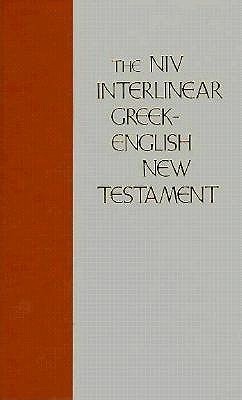Should Mark 16:9-20 be included in the English Bible? It is included in the KJV so I say yes. The NKJV is unclear on the issue since it includes the verses but then says those verses were not in the original manuscripts of the Bible. So the NKJV leaves the question of the verses' legitimacy unanswered.Wait, are you saying that Mark 16:9-20 should or should not be included in the Bible?
If "should," then what's your problem? Even the NKJV keeps it.
So, are the last 12 verses of Mark God's word or unauthorized additions to God's word?Yeah, he is, marke. It's called "God's word" for a reason, Marke.
I do not think taking away or adding words to God's word is inconsequential.Again, we come back to the question (which you still have not answered) of whether such differences in the texts of the have any effect on the overarching story of the Bible.
I assert that no, the differences are so minor as to be inconsequential to the plot of the Bible, even considering Mark 16:9-20 (as Jesus' appearance after His resurrection is recorded by other Gospel authors besides Mark).
I did read this and I have never seen any scholarly rebuttal of the evidence, leading me to believe the facts are irrefutable.Again, I ask you to provide an example of Greek texts that contradict each other in some meaningful way, which you did not do.
https://christianitybeliefs.org/end...he,with the ‘ Majority Text’ in 13,000 places.
As copies of manuscripts have been collected over the years, they have formed two groups.
True Path – The ‘Majority Text’ makes up 95% of 5,300+ existing manuscripts that are in agreement and form the basis for the Textus Receptus which is also called the ‘Received Text’ or ‘Byzantine Text’.
The Textus Receptus is the text which the King James translators used.
Corrupt Path – The ‘Minority Text’ consists of only 5% of existing manuscripts. The main texts, Sinaiticus and Vaticanus, contradict each other over 3,000 times in the gospels alone, and they disagree with the ‘Majority Text’ in 13,000 places.
Amazingly, modern Bible versions like the NIV and ESV are based on these ‘Minority Text’ manuscripts.



